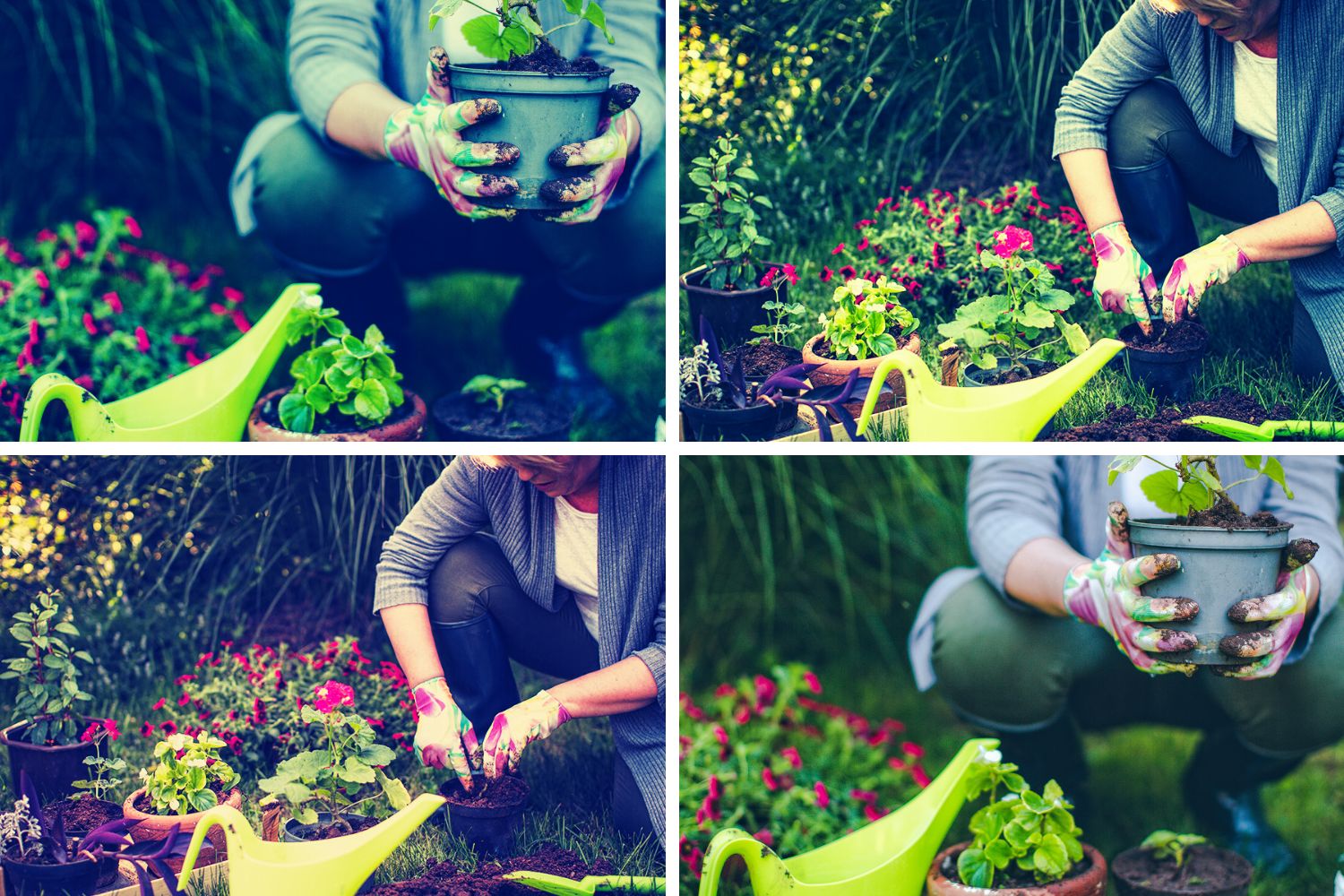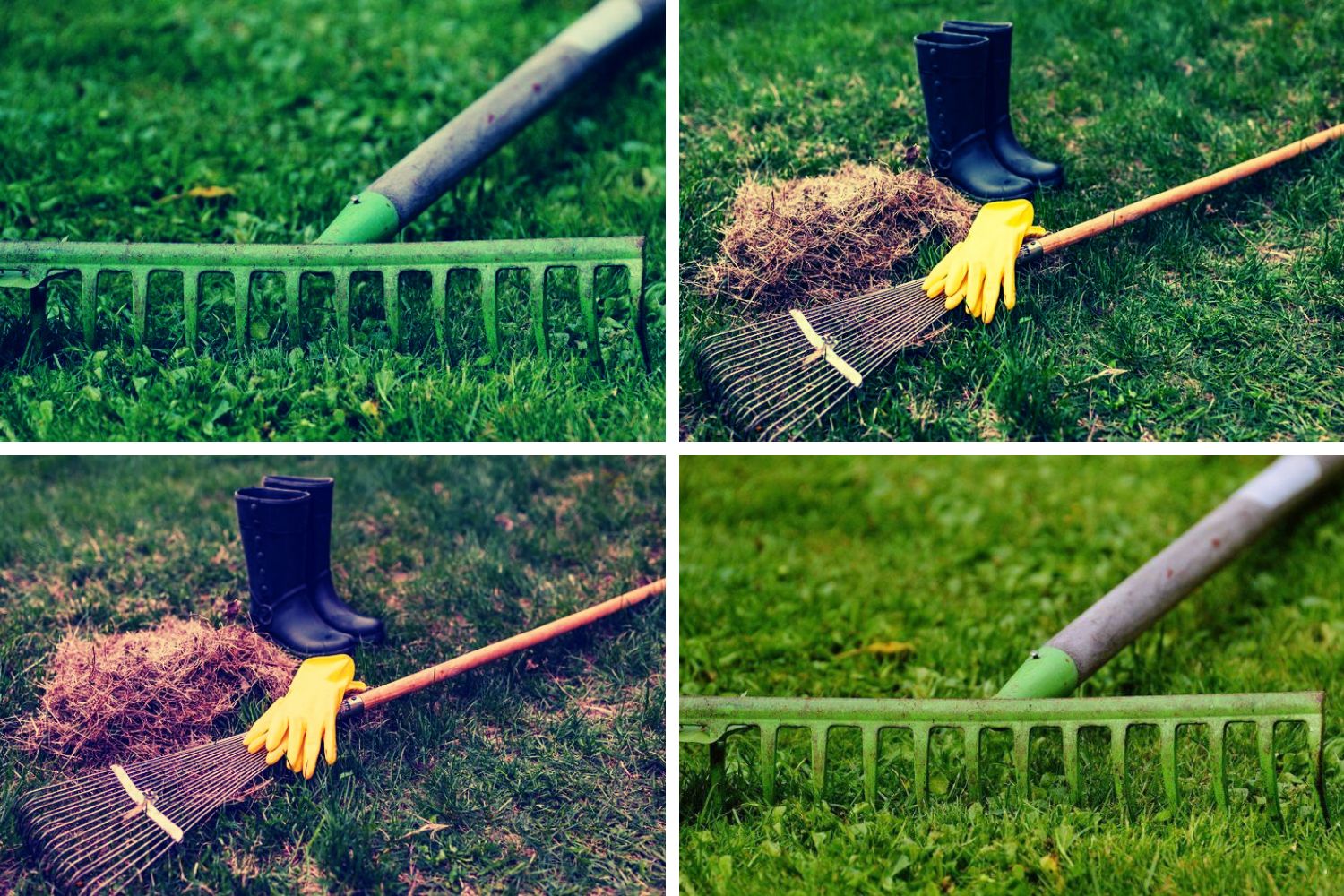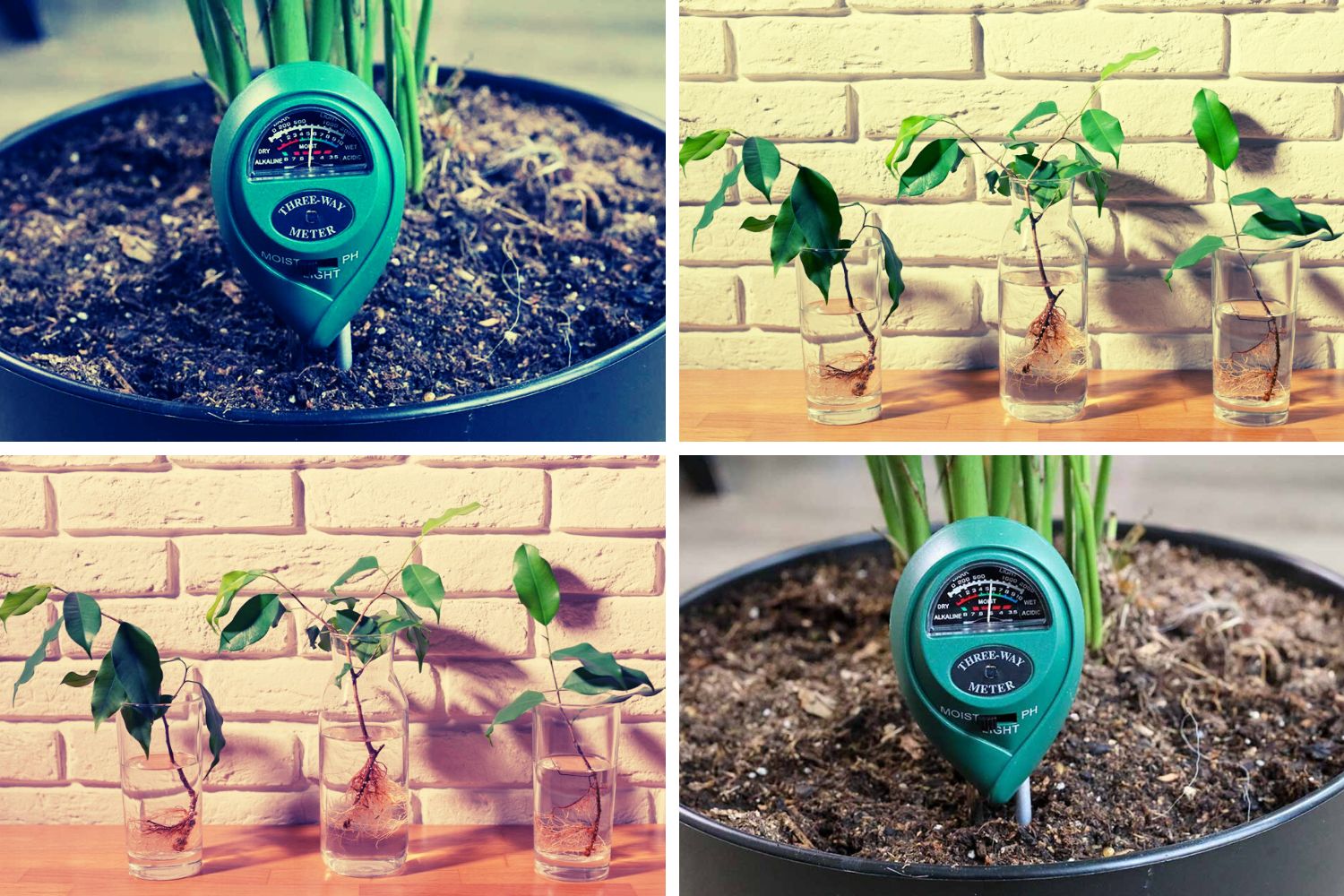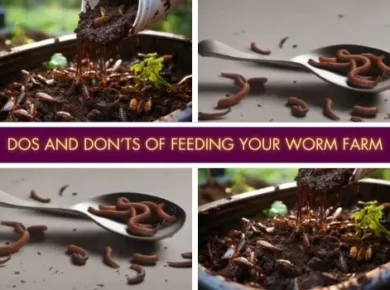Planting vegetables and flowers is an underrated activity that brings satisfaction and joy. For some, gardening is about decorating, but for others it is an intentional means to a healthier life. As Covid-19 got people stuck in their homes, many chose to pick up a spade and turn to their gardens. Post-pandemic, a large number of people has continued this healthy practice as their new hobby. While it might have started as an escape or another way to pass the not-moving time, gardening has some surprising health benefits.
1. Helps Deal With Loneliness
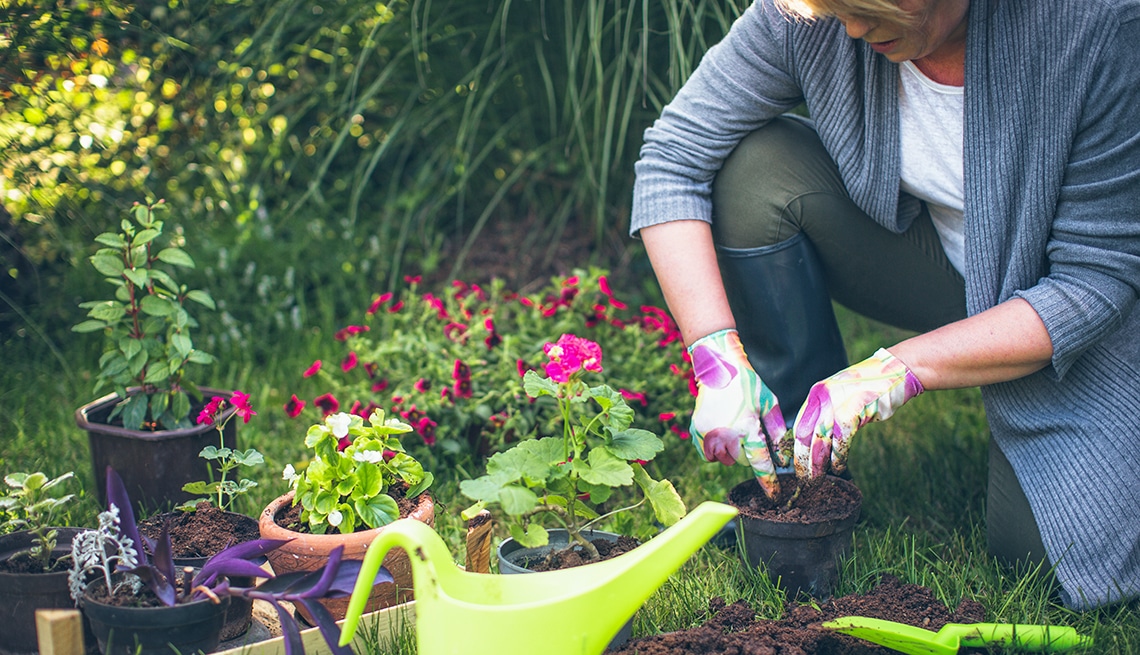
If you’re retired or just don’t have a lot of friends, you are more susceptible to being depressed or feeling secluded.
However, gardening isn’t just about being alone. You can find many people who share the same passion and interact with them. Find a gardening community near you online or ask around. Working in a community gives a feeling of belonging and acceptance. It also stimulates social interactions, builds self-reliance and closely-knit relationships with others.
Walk around your neighborhood and look at other people’s gardens to draw inspiration and understand who loves landscaping as much as you do. If you would like to get in touch with some people without knocking on their door, turn to Nuwber to find their contact information. Reach out to these people and ask them about their gardens and how they take care of them.
2. Keeps Fit
Working in the garden offers the same benefits as exercising moderately. Gardening lightly for just 60 minutes can burn about 330 calories. When you rake, it goes up to 450 calories. This is more calories than it is possible to burn with the same duration of walking. Gardeners have a reasonably lower body mass index than ordinary people. Gardening is your go-to hobby if you’re looking to get in shape without indulging in muscle-hurting exercises.
General exercise is known to improve the brain’s cognitive functions. Research has shown that it spurs growth in the brain’s memory-related nerves in all genders. This activity is also highly recommended to older folks to keep their memory and other brain functions on point. In some countries, patients battling dementia are even advised to take some time to garden.
3. Boosts Mood and Reduces Stress
Soil contains Mycobacterium Vaccae, a family of bacteria that is proven to trigger the release of serotonin in the brain, which modulates anxiety. Serotonin is a natural antidepressant that causes happiness. Exposure to bacteria and microorganisms in the soil boosts immunity. Early exposure to soil microbes, like in childhood, helps build stronger resistance to asthma and allergies.
Weeding, spraying chemicals, watering, and pruning are linked to stress reduction. They make you feel more peaceful and content. You will notice that people working in gardens have a good mood because of reduced cortisol levels. Positive vibes about yourself also boost your mood naturally and reduce stress and anxiety.
4. Manages Hypertension
Hypertension is a common health issue that mostly affects the older generation. Gardening for 30-40 minutes a week helps in lowering high blood pressure and keeping your heart healthy. Even though hypertension treatment is achieved through a combination of exercising, stress reduction, and healthy eating, spending time with plants reduces arteria stress. Working in the garden also helps keep cholesterol levels low, therefore maintaining a healthy heart and low blood pressure.
5. Is a Form of Workout
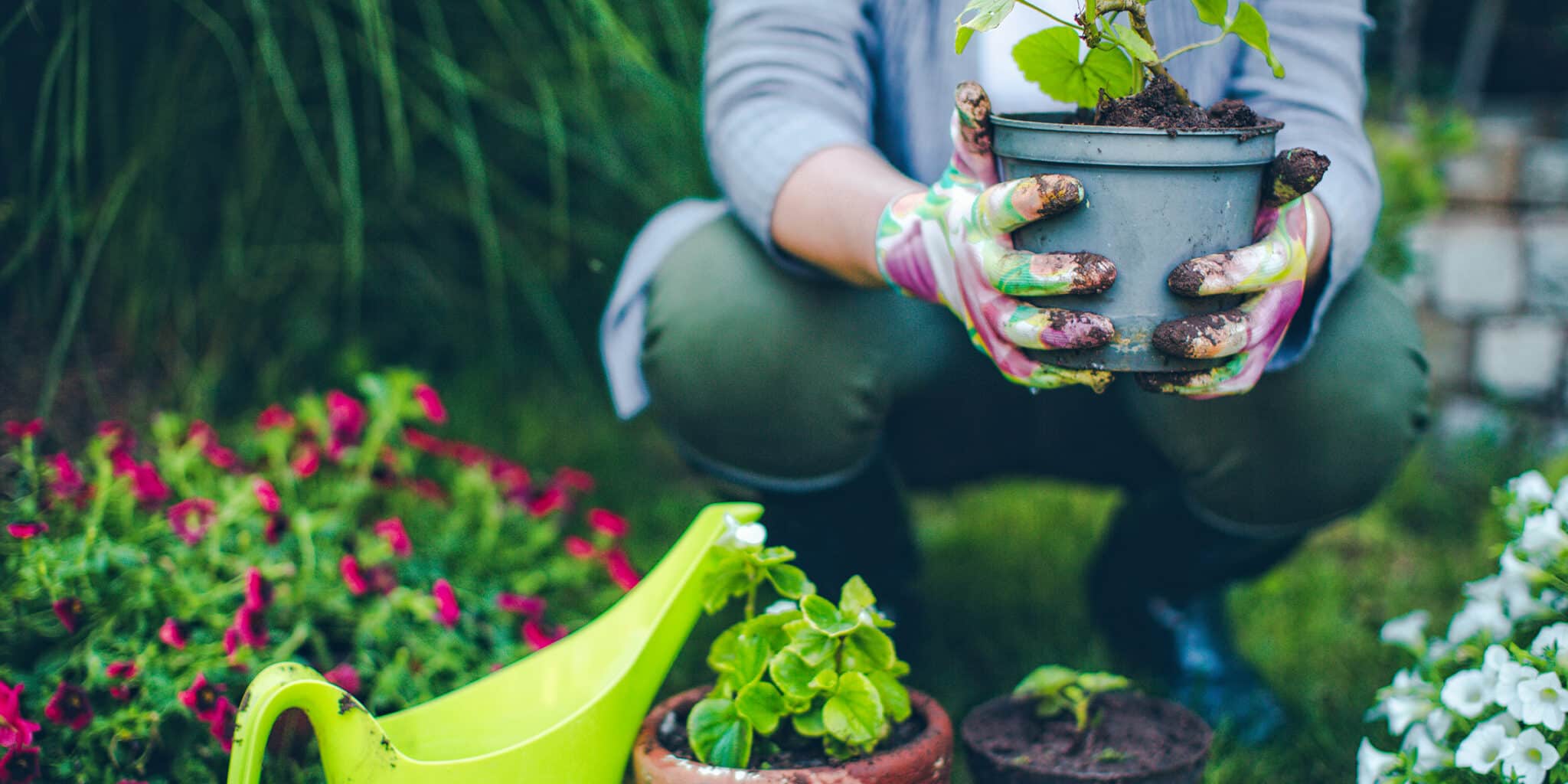
Working in the garden is a form of manual work that involves twisting and pulling out branches, digging the ground, and operating some farm tools. Sometimes you might notice muscle aches after spending some time working in the yard. This is because it is a form of simple aerobic exercise for your body. The best thing is that you will be too indulged in the activities to notice that you are engaging in a physical fitness activity. It is also more fun than exercising in the gym.
6. Gives a Vitamin D Boost
Most gardens are out in the sun for the plants to get adequate sunlight. Hence, when you’re gardening, you expose yourself to sunlight, which gives vitamin D that is essential to the body. It also helps to reduce the chances of getting some forms of cancer, multiple sclerosis, and non-Hodgkin’s lymphoma. Although a little sunshine benefits your health, overexposure to the sun might cause skin cancer and other skin complications; be sure to wear sunscreen and protective clothing when working in the garden.
Health benefits from exposure to the sun’s vitamin D are countless, and all result in a better immune system. Gardening is a great way to repair delicate immunity and works across all ages.
7. Helps Get Over Addictions
Gardening explains why addiction therapy centers are green. Horticultural therapy is very popular with people battling addiction. Spending time around plants stimulates your mind, as it requires an eye for detail and pattern, keeping you focused on the present. It also gives a deep sensory experience with colorful views, bright flowers, fresh scents, and farm insects. A busy person will pay less attention to the addiction. The time spent gardening also replaces the time that would otherwise be wasted due to addiction.
If you plant vegetables or fruits in your garden, you avoid eating unhealthy foods grown with chemicals. When you eat what you grow, you prevent health complications caused by unhealthy eating habits. Experts recommend eating about three cups of vegetables and fruits daily for the most nutritional value.
Conclusion
While we have outlined the benefits of working in a garden in black and white, you have to take some precautions to ensure that you are gardening safely. Wear sunscreen, drink enough water, and avoid using hazardous chemicals. Whether you are looking to plant a few potted flowers or take care of an extensive plot of land, gardening offers an unbeatable experience. Roll up your sleeves and start digging, planting, and weeding to enjoy the above benefits in the long run. If you thought gardening was just about getting your hands dirty, think again.
